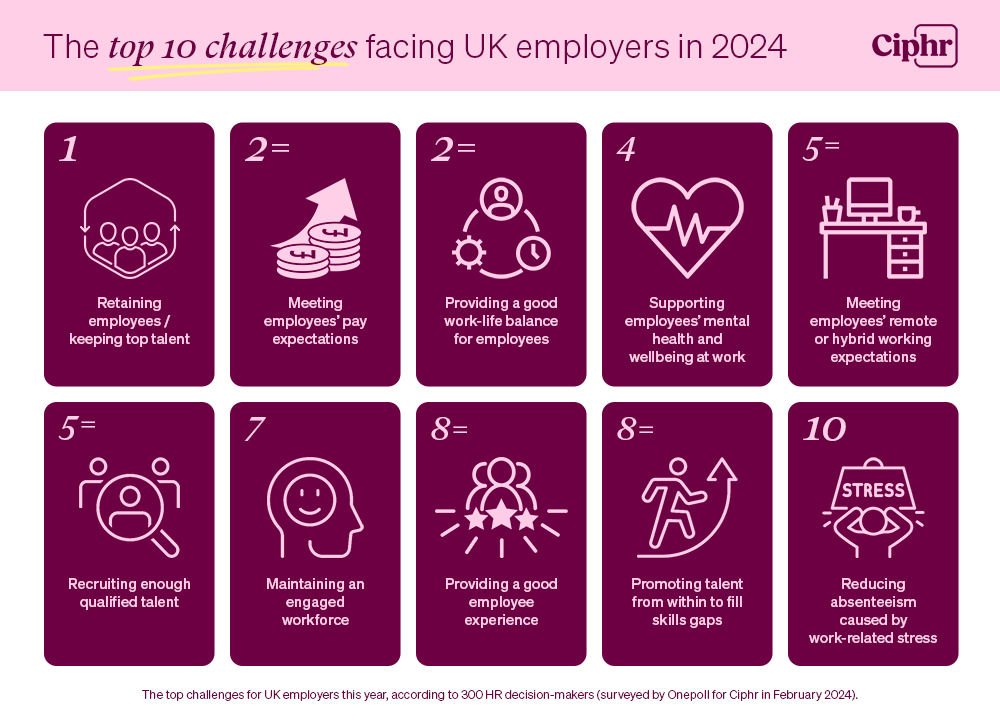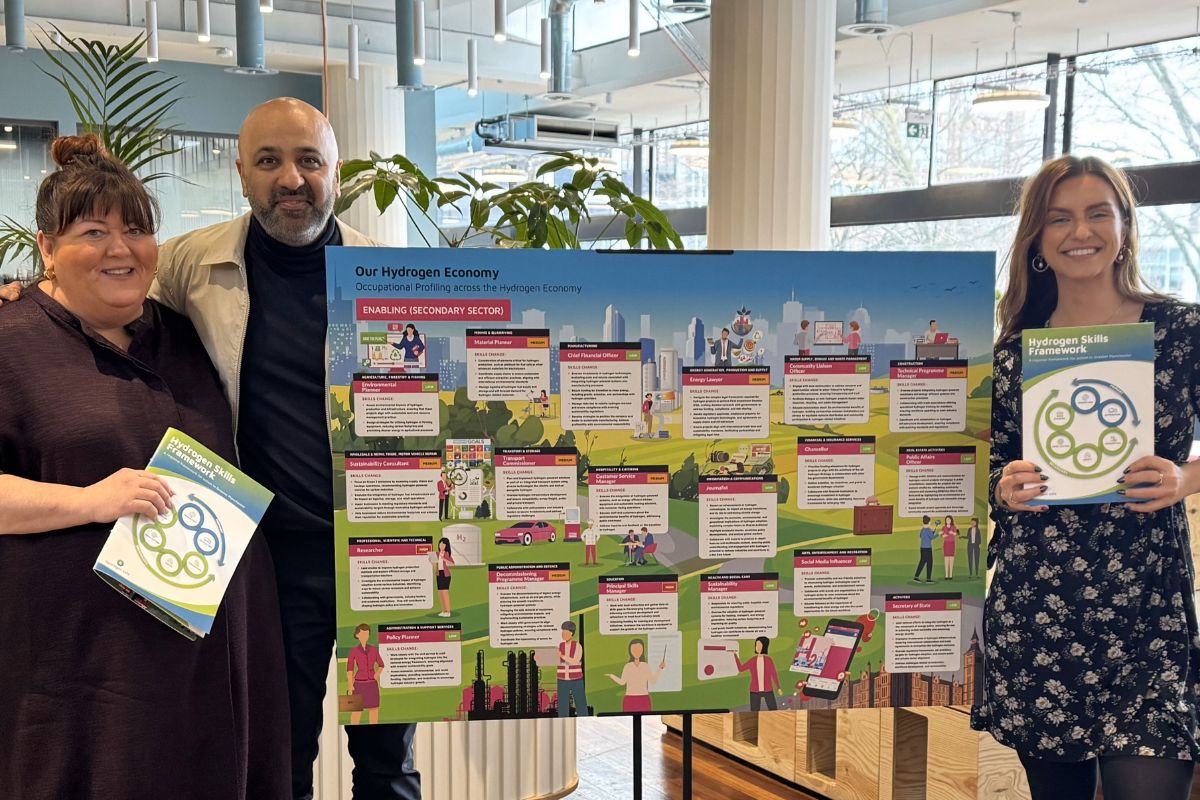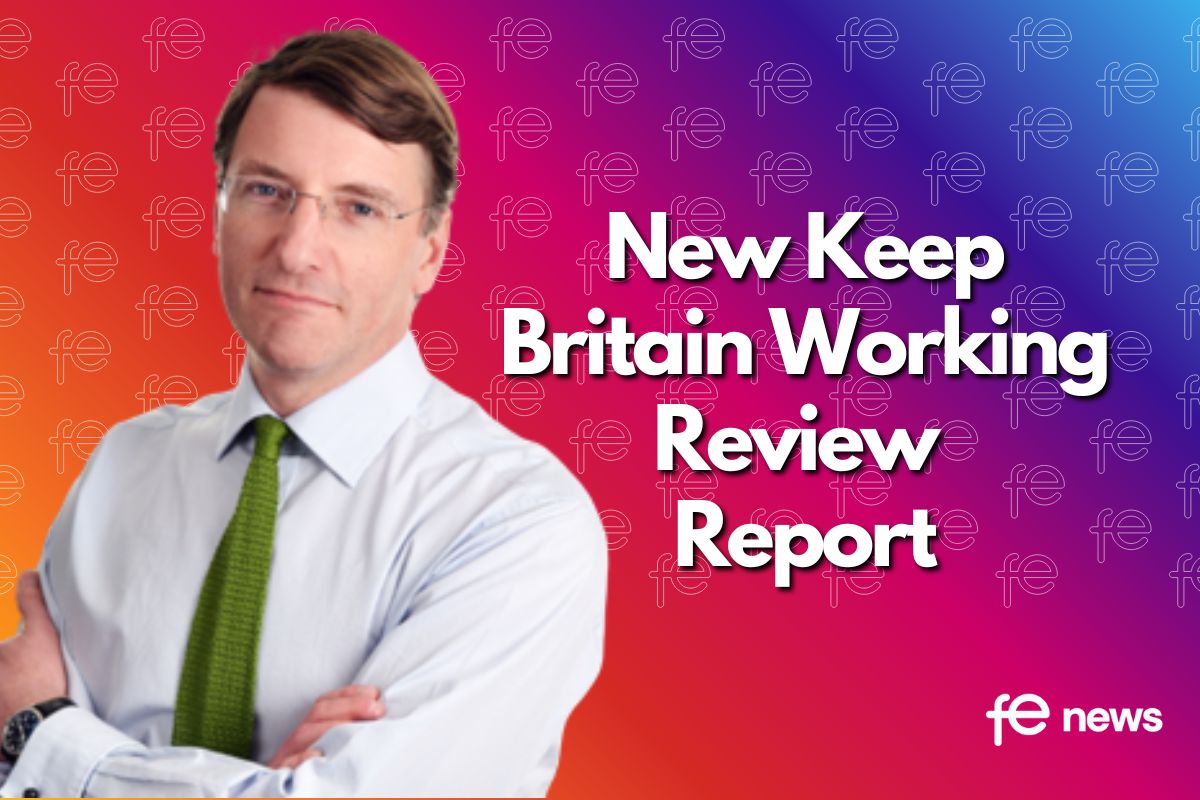Staff retention is the biggest challenge for UK employers in 2024

Some of the biggest challenges facing employers right now include retaining top talent, meeting salary and pay rise expectations, and providing a good work-life balance for employees, according to new research.
HR software provider Ciphr commissioned a survey of 300 UK HR decision-makers to find out which workplace challenges, if any, were causing their organisations the biggest headaches in 2024.
Based on the results of this research, most UK businesses appear to be grappling with a multitude of internal and external economic pressures. Answering on behalf of their organisation, survey respondents each identified an average of 11 different workplace challenges or HR pain points. Any one of which could, potentially, hinder their operational success over the coming year.
Retaining employees and keeping skilled workers onboard (helping organisations curb costly high turnover rates and lost productivity) topped the poll of biggest challenges. Over half (51%) of HR survey respondents reported retention as their top worry for the year ahead.
Over two-fifths (46%) of employers also expressed concerns about their organisation’s capacity to meet employees’ expectations around wages, work-life balance, and mental health and wellbeing support.
Satisfying staff’s remote or hybrid working expectations emerged as another key challenge (for 45% of respondents).
Other chief concerns were revealed to be recruiting enough qualified candidates and maintaining an engaged workforce (both 45%). Followed by providing a good employee experience, promoting talent from within to fill skills gaps, reducing absenteeism caused by work-related stress, and ensuring a positive workplace culture (all coming in at 41%).

Notably, the biggest workplace challenge for employers in teaching and education is not retaining staff but rather promoting talent from within to fill skills gaps. Over three-quarters (77%) of HR professionals employed in this sector report filling skills gaps as their chief concern, over the challenges of retention (69%) and providing a better work-life balance for their employees (69%).
Claire Williams, chief people and operations officer, at Ciphr highlights the necessity for organisations to recognise that their people are their greatest asset. And that their business success is contingent on continued investment in their employees.
Commenting on the survey findings, Williams says:
“Like it or not, the world of work is changing. Employers need to step up and invest in their people if they want to hire the best talent and then retain them.
“Employers are facing a range of challenges. A volatile global economy that has fast-changing and sweeping ramifications for our labour market. There’s salary inflation that’s not been seen at this scale before (recently, at least). Technical advancements continue to evolve at lightspeed, expanding digital skills gaps. We have multi-generational workforces with wildly different expectations and demands from their employers when it comes to values, purpose, flexible working, diversity, social impact, and so on.
“Many organisations are also being impacted by tighter budgets as they are having to invest in new technologies, increase their compliance standards and levels of professionalisation, and mature their business to keep up with competitors and the market.
“Investing in your people, however, doesn’t necessarily need huge budgets. It does require leaders to invest in a different mindset though. Those that fail to recognise and respond to these challenges will ultimately be left behind.”
Williams recommends that HR leaders keep a strategic focus on their people. She adds:
“Go back to basics if you need to and overhaul your employee value proposition (EVP) to ensure that you have considered every aspect of the employee experience. Use data from existing employees and recent leavers to understand where there is room for improvement. And do some research into what other organisations are doing well.
“Budgets aside, the biggest investment that employers can give is their time. Creating clear purpose, transparency and good communications, a strong and forward-thinking culture, diversity and social impact – all come down to the time that leaders are willing to put in and spend with their employees. It’s the easiest, yet most frequently missed, action that organisations can take and it will – very likely – have the biggest, positive impact on employee experience and retention.”
Top priorities for HR
Ciphr’s research also found that retaining skilled employees, recruiting staff, and supporting health and wellbeing at work, are the three most important priorities for UK HR teams this year.
Resolving salary issues and providing more training also ranked high in their list of priorities, which were compiled from free-text survey responses.
The top 10 priorities for HR teams in 2024:
- Retaining employees / keeping top talent
- Recruiting enough qualified staff
- Supporting employees’ mental health and wellbeing
- Meeting employees’ pay expectations
- Employee training / upskilling and reskilling
- Ensuring a positive workplace culture
- Helping employees maintain a good work-life balance
- Diversity, equity, and inclusion
- Employee engagement
- Managing hybrid working










